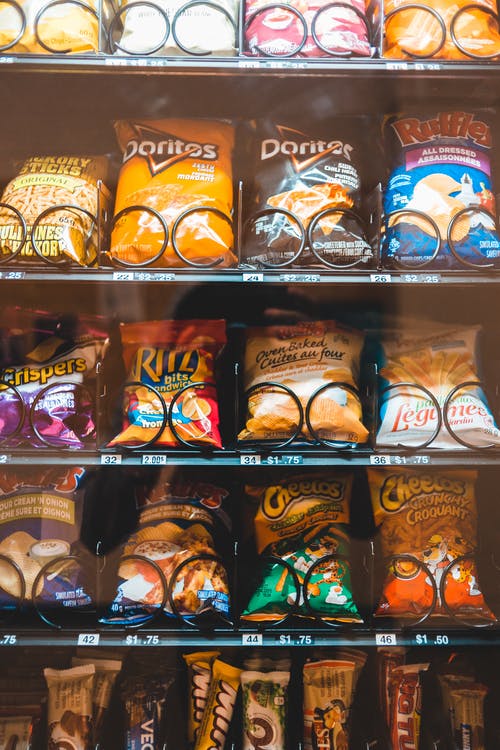
Go Go Gadget!
Gadgets, which used to be clunky, expensive, and relatively hard to get, have now become an almost irreplaceable part of our lives. Smartphone users alone

Gadgets, which used to be clunky, expensive, and relatively hard to get, have now become an almost irreplaceable part of our lives. Smartphone users alone

The culture of snacking is hard to separate from Indonesians with its abundant choice of street food and home-industry-produced snacks. And this is even more

The loss of our daily routines and the threat of more serious casualties to come from COVID-19 has put a serious emotional strain on people’s

Insurance is one of those things we forget about until we need it, kind of like a spare tire. However, till date, people still have

The COVID-19 pandemic has had a substantial impact on the movie industry in 2020. Across the world and to varying degrees, cinemas and movie theatres

With around USD159.3 billion in expected revenue in 2020[1], gaming is a rapidly growing market, which is only further amplified by the ongoing social distancing
Stay up to date with our latest findings

In today’s fast-paced lifestyle, many Indonesians find themselves deeply attached to certain products that bring them comfort, entertainment, or simply a sense of satisfaction. What’s

In the first part of this post, we discovered that only 10% of Indonesians rely solely on shampoo without using other hair care products [1].

In a world where customer expectations, technology, and competition evolve rapidly, businesses cannot afford to stay stagnant. A strong brand today might feel outdated tomorrow

Indonesia, a nation known for its vibrant democracy, is currently experiencing a period of heightened social and political unrest. Recent large-scale protests, sparked by public

These days, the variety of hair care products has expanded significantly. Our recent survey in August 2025 discovers that more Indonesians are now paying attention

Financial anxiety is one of the strongest forces shaping consumer behavior in 2025. Rising living costs, global economic uncertainty, and household debt are pushing people